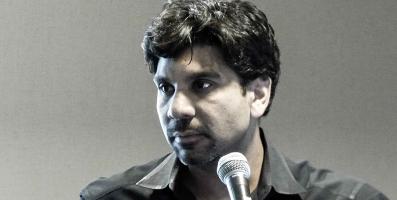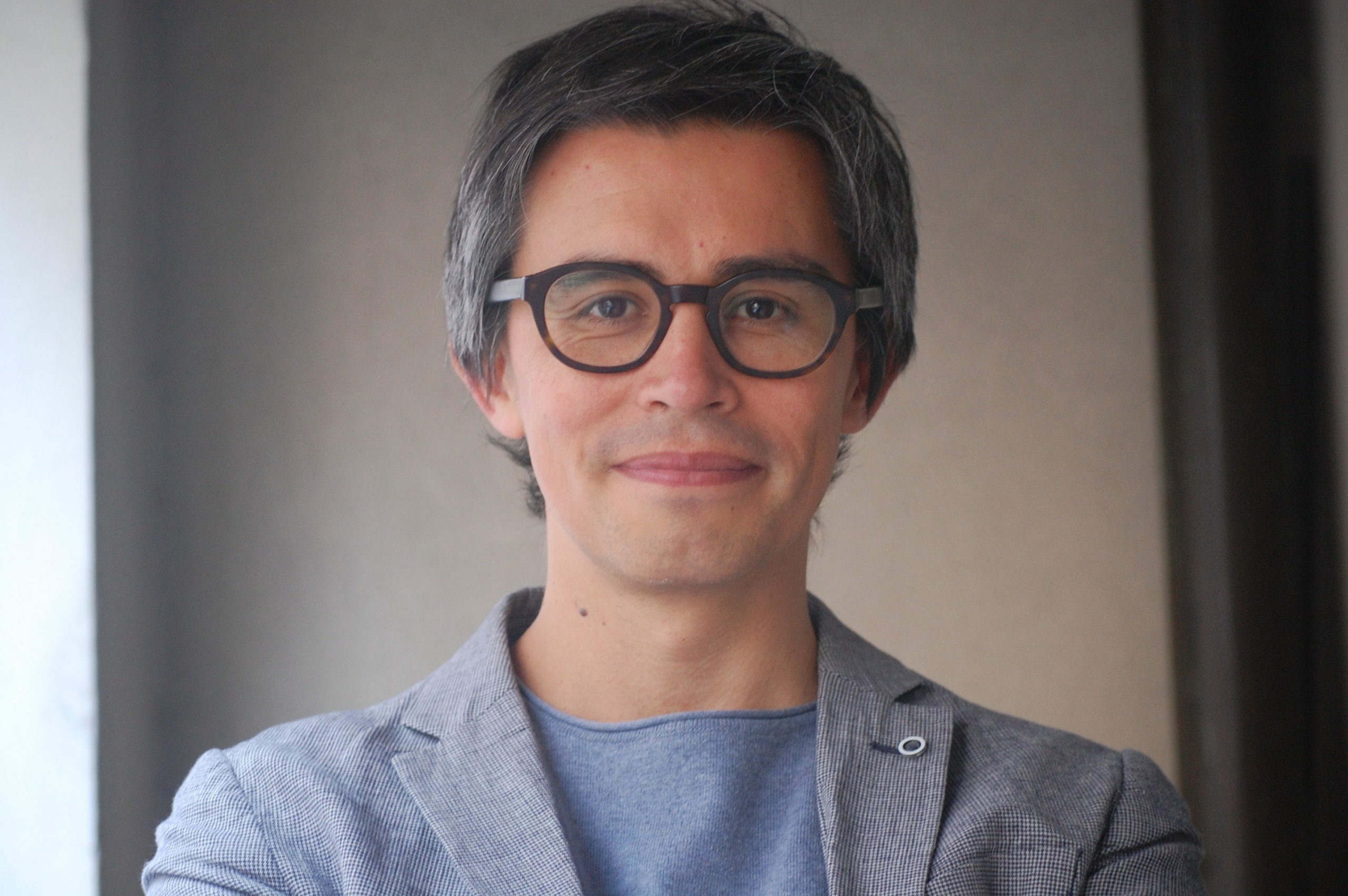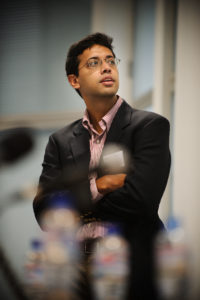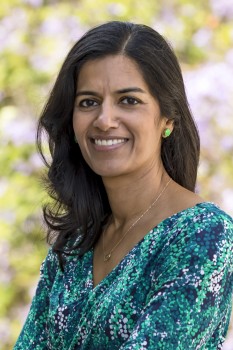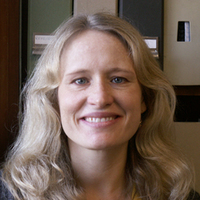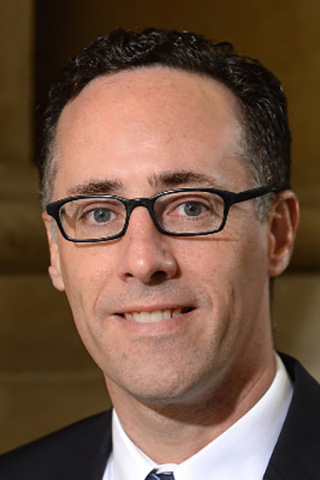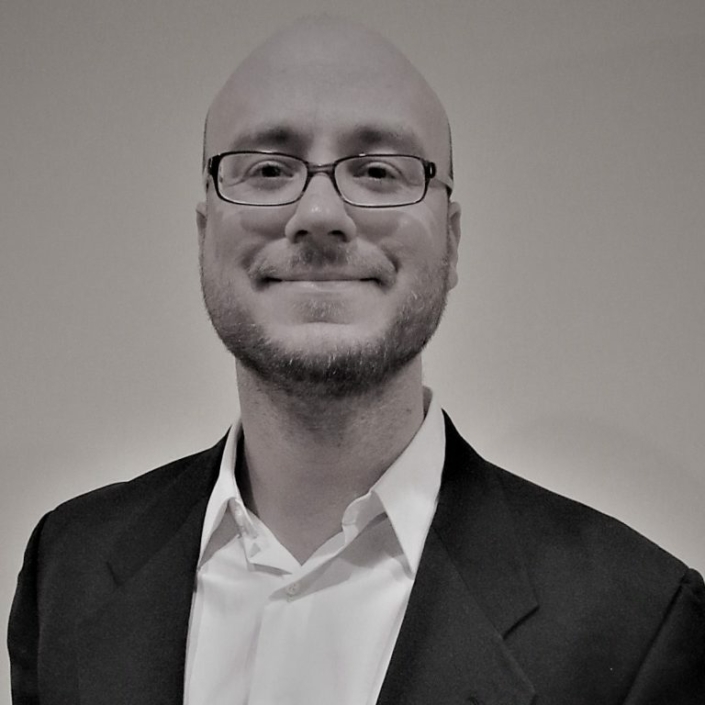
“Models of Social Change: Principles and Methods of Age-Period-Cohort Analysis,” Ethan Fosse, University of Toronto and Christopher Winship, Harvard University
Ethan Fosse, University of Toronto and Christopher Winship, Harvard University "Models of Social Change: Principles and Methods of Age-Period-Cohort Analysis" Age-period-cohort (APC) analysis has a long, controversial history in sociology and demography. Despite nearly a century of research, there is little agreement on how to adequately analyze APC data. In this talk we discuss techniques for […]


